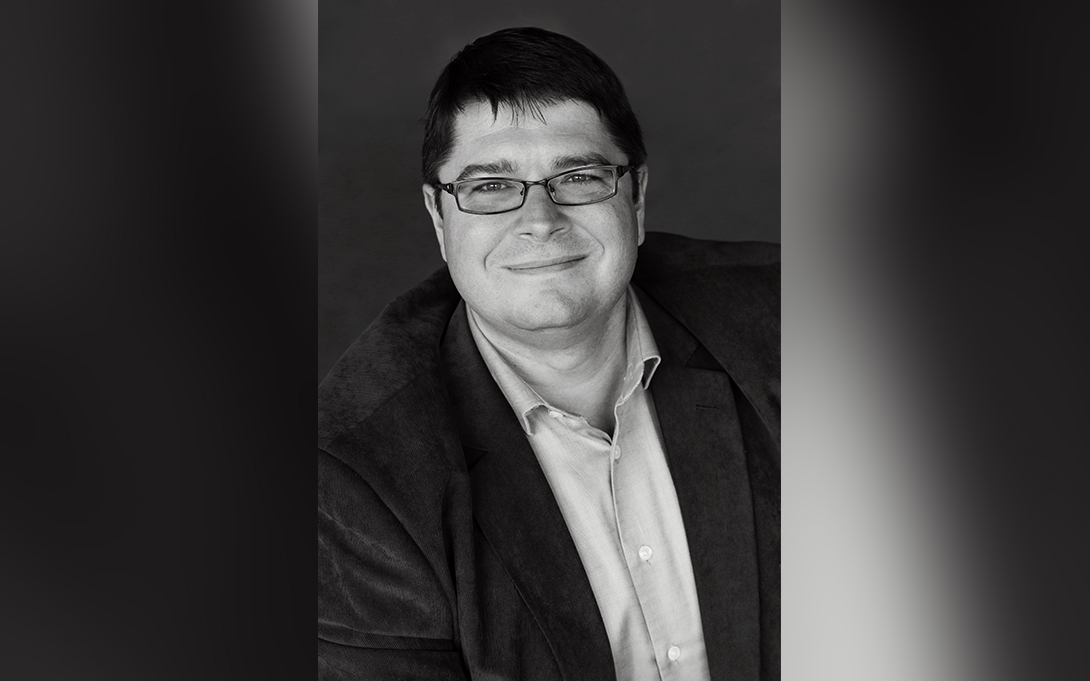
Jason Owen-Smith, a sociologist who launched a national university data consortium designed to understand, explain and improve the public value of research, has been named an associate vice president for research at the University of Michigan.
The Board of Regents approved his three-year appointment as associate vice president for research – institutional capabilities and research intelligence March 28.
Owen-Smith, whose appointment is now effective, will maintain his faculty roles as professor of sociology and of organizational studies in LSA, research professor in the Institute for Social Research’s Survey Research Center, and professor of public policy in the Gerald R. Ford School of Public Policy.
“U-M researchers do world-class work across essentially the entire scope of human knowledge,” Owen-Smith said. “The university creates and uses vast amounts of data about our own research, scholarship and creative practice activities, and now we are systematically applying it to understand and amplify our scholarship and its impact.
“We have an incredible opportunity to apply data tools to our own practices to help U-M leaders ensure our institution’s capabilities, magnify researchers’ ability to extend the frontiers of their fields and help address today’s most pressing challenges.”
As associate vice president for research, Owen-Smith will partner with faculty and staff from across the Ann Arbor, Dearborn and Flint campuses to expand university-wide analytical capabilities to inform and support strategic decision-making involving the research enterprise — a primary component of President Santa J. Ono’s strategy to amplify research and scholarship.
Ono charged the Office of the Vice President for Research with developing and implementing the first phase of the amplify strategy, which emphasizes research analysis and data integration to help U-M effectively invest to maintain and expand research operations, as well as identify and pursue new knowledge frontiers.
Owen-Smith has served as the founding executive director of the Research Analysis and Data Integration Office since 2021, and he will continue to oversee the unit as part of his new leadership role. Launched by OVPR, RADIO analyzes and integrates many types of data to serve, support and strengthen the U-M research enterprise.
“As an institution, there is so much more we can learn about our own research portfolio, and I am confident Professor Jason Owen-Smith will continue to develop a strong research intelligence infrastructure that will aid in our collective success for generations to come,” said Rebecca Cunningham, vice president for research and innovation.
Owen-Smith, who received a Ph.D. in sociology from the University of Arizona, joined U-M in 2002 as an assistant professor of sociology and organizational studies in LSA. His work examines the organization and dynamics of research, and the social and economic effects of discoveries in science and engineering.
In 2015, Owen-Smith co-founded the Institute for Research on Innovation and Science, a data repository anchoring a national consortium of universities that share record-level administrative data about their research. IRIS integrates university data with information from more than 60 other sources to produce and share deidentified data, conduct research and produce reports that explain and communicate the impact of public investments in academic research.
Based in the Institute for Social Research, IRIS is designed to be a trusted national resource for high-quality data that supports independent, multidisciplinary research on science and innovation in service of the public interest. Since its founding, more than 500 researchers from 138 institutions, including U-M, have used IRIS data to advance their respective projects.
This article was written by Alex Piazza, Office of the Vice President for Research.

